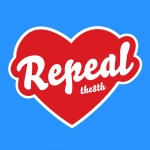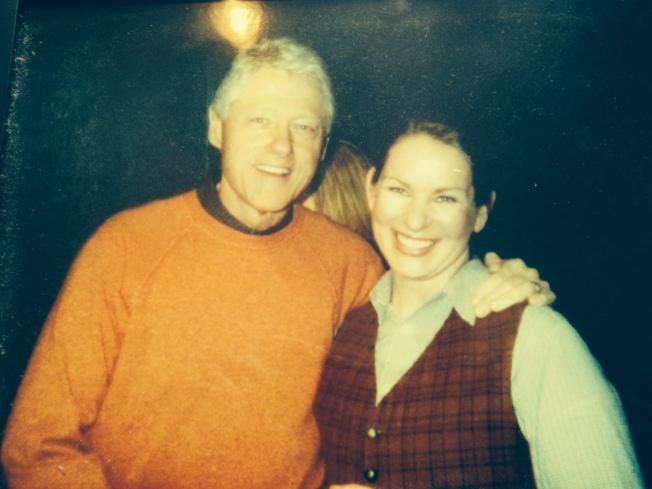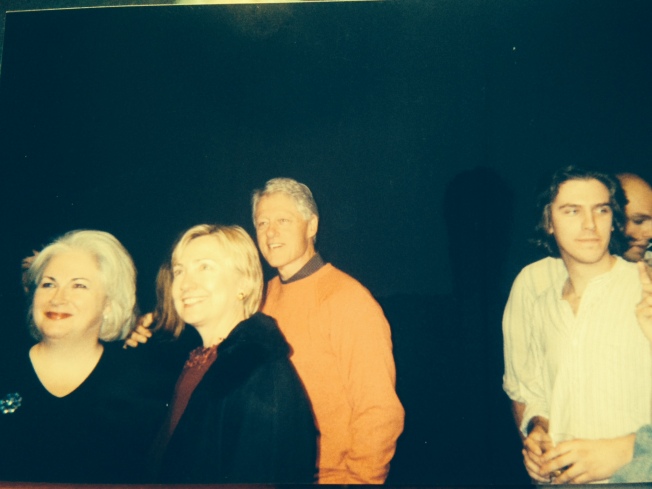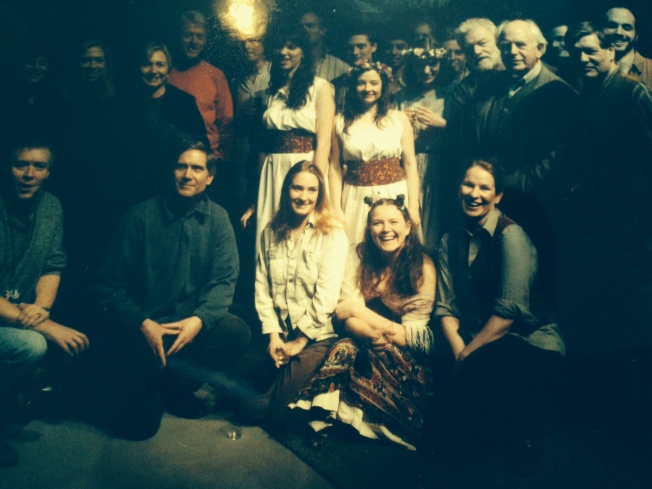(Note: This is similar to a post I wrote prior to the #8thRef. However, I wanted to repost this with amendments to reflect the momentous weekend it’s been)
As I was watching the Pat Kenny Show a few days ago, and I heard (yet again) the phrase ‘we don’t want the same set-up the UK has’, I suddenly heard the dog-whistle in it. The slight sneering undertone. And I was angered by it. Let’s be honest about this. We’re all taught to be suspicious of the British a bit. We justify it by referring to our mutual pasts, oppressed and oppressor. It can be a hard habit to recognise. But today, I really heard it. And I was affronted.
Now, I’ve done my fair share of Brit-bashing. I’ll hold my hands up and say that I’ve had the odd conversation (or 5,000) about the evils of empire, the class system, the screwed-up voting system. Etc. Etc. Etc. On the other hand – I’ve lived here almost 20 years and I’m speaking about these topics from a place of actual insight and experience, unlike certain people on the No side that I’ve heard saying this. And I’ll say something else about this, that has to do with the #8thRef.
Ireland should be so lucky to have a healthcare system like the NHS. Were it not for the wonderful institution that is the NHS, that bright, shining beacon of compassionate and free healthcare, Irish women would be worse off. Even when a corrupt government is trying to sell it off, it still welcome those whose country abandoned them. It still will welcome them until the repeal of the 8th is ratified in law.
I cannot wax lyrical enough about the NHS. I’ve had experience of 4 healthcare systems: the US, the Irish, the German and the British. Now, the German healthcare system does have the edge on the NHS. But: the NHS has taken care of me in so many ways, and the absolute compassion and care that is mainly taken with people here is amazing. When I needed an ultrasound to detect ovarian cysts, it came free. When I sprained my ankle in a freak accident and couldn’t move without help to get out of my flat, they sent an ambulance to collect me, free. For the multiple smear tests, doctors’ appointments, treatments for various conditions – all FREE (Did I mention that?). There would be no X case here. There would be no Savita Halappanavar. No Miss P. Given the circumstances and evidence, that sneering attitude is bred of a misplaced sense of superiority.
I also have mainly only received kindness from British people. I may abhor the Tories, I may despair of the voting system here, the class system might do my head in, but from my very first week here, I’ve been shown kindness by British, and, because I live in London, more specifically, English people. From the stories that have been told that I’ve read, kindness wasn’t lacking from the English, but from our own country. Care for vulnerable women wasn’t found wanting from the UK, but from Ireland.
Now we hope that will change. In terms of the wonderful result of the referendum, that is changing. Many of us hope that will change as soon as possible, but in the meantime, the story of the 8th Amendment is a British story too. A story where they come off as by far the more compassionate side. A story where they’ve quietly and patiently and unquestioningly provided a solution to a particularly Irish problem. Where they’ve taken our hand as a nation. Where their staff have literally and figuratively held the hands of distraught Irish women over decades, when they’ve had to take the plane or the boat. It’s time to let that hand go.
While there are sheroes and heroes emerging, the story of our neighbours, their NHS and all that work in it that took care of pregnant Irish women in crisis, that didn’t treat them with judgement or derision or scorn hasn’t been acknowledged as much as it should have been. We owe it and them a debt of gratitude, not derision. It will, until the repeal is overturned constitutionally, still be welcoming 9 women a day – approximately 1,620 in the next six months. It will do so quietly, patiently and with dedication. This institution is under attack from its own government – and it still welcomes Irish women seeking help. It, and all those who work in it deserve to be more than a footnote in our history. The old enmities have no place here. How much worse would it have been for Irishwomen, had they no access to the possibility of abortion in the UK? Having read countless stories over decades and in particular, the last few months, I cannot fathom the answer to that question. It hardly bears thinking about. There’s been a growth of understanding through the campaign to overturn the 8th Amendment and now it’s time for us, as Irish citizens, to be gracious in understanding our debt of gratitude to our former enemy, at least on this score.


 So, while I have profound political differences with her, my hope is that Hillary Clinton will prevail today. For women and our current place in society, it is absolutely vital that she does. Even if all she is is a figurehead, that figurehead is necessary in today’s political climate of violent, invasive, rape-culture leanings. She has certainly proven herself to be a political warrior of some mettle in debates with an individual who, quite frankly, should never have progressed farther than his playpen. It is on a knife-edge in many states, and there are many of us this side of the pond suffering PBSD (Post Brexit Stress Disorder), as in political events that seemed inconceivable can now actually happen – but today, I have hope. A person who grew up in the countryside of Ireland and yet may have unwittingly met two US Presidents understands that there are more things in heaven and earth than are dreamt of in our philosophy. To paraphrase Harvey Milk, for today, I ‘gotta give [myself] Hope’.
So, while I have profound political differences with her, my hope is that Hillary Clinton will prevail today. For women and our current place in society, it is absolutely vital that she does. Even if all she is is a figurehead, that figurehead is necessary in today’s political climate of violent, invasive, rape-culture leanings. She has certainly proven herself to be a political warrior of some mettle in debates with an individual who, quite frankly, should never have progressed farther than his playpen. It is on a knife-edge in many states, and there are many of us this side of the pond suffering PBSD (Post Brexit Stress Disorder), as in political events that seemed inconceivable can now actually happen – but today, I have hope. A person who grew up in the countryside of Ireland and yet may have unwittingly met two US Presidents understands that there are more things in heaven and earth than are dreamt of in our philosophy. To paraphrase Harvey Milk, for today, I ‘gotta give [myself] Hope’.